Dhaka, Feb 19 (V7N)—A new report by ActionAid, Who Owes Who? exposes the stark reality of Bangladesh’s debt crisis, revealing that while the country grapples with an external debt of $78.06 billion, it is owed a staggering $5.8 trillion in climate debt by rich, high-polluting nations.
The report highlights the urgent need for debt cancellation and global financial justice.
The findings of the report, published this month ahead of the AU Heads of State Summit in Addis Ababa, underscore the stark imbalance between the debts low and lower-middle-income countries owe and the obligations that high-income countries continue to evade.
As 2025 approaches, 54 countries are in a debt crisis, forced to cut spending on basic public services and climate action to pay external debts.
Last year, low-income countries collectively paid US$138 billion just to service their debts, sacrificing health, education, people’s rights and sustainable national development to satisfy their wealthy creditors.
According to the most systematic studies, the climate debt owed by rich, polluting countries to low and lower-middle-income countries totals $107 trillion.
This is more than 70 times greater than the total external debt of $1.45 trillion owed by these countries collectively.
Key findings on Bangladesh
Bangladesh’s total external debt stands at U$78.06 billion.
Wealthy nations owe Bangladesh $5.8 trillion in climate debt, based on historic and projected atmospheric appropriation using low-range estimates (since 1992).
Using mid-range estimates (since 1960), Bangladesh is owed $7.9 trillion in climate reparations.
In 2023, Bangladesh made debt repayments totaling $4.77 billion to its creditors.
In 2024, 16.9% of the national revenue was spent on external debt repayments, while only 3.08% was allocated to health and 11.73% to education.
The report reveals that Bangladesh is being forced to divert resources from essential public services—such as health, education and climate action—to service foreign debt, primarily owed to rich nations, private creditors and global financial institutions.
Meanwhile, wealthier nations have failed to honor their commitments to climate finance and reparations, with Bangladesh alone awaiting at least $5.8 trillion in unpaid climate debt.
ActionAid Bangladesh Country Director Farah Kabir said the new report highlights the debt burden of low and lower-middle-income countries versus the financial obligations of rich nations regarding climate damages, amends and unmet commitments.
She stressed that Bangladesh needs debt cancellation and freedom from colonial debt structures to address both the debt crisis and climate change.
Kabir added that the Global South must secure debt cancellation and advocate for the establishment of a new UN Framework Convention on Debt this year.
She also emphasized the impact of the climate crisis, especially on women and girls: "We have seen time and again how women are at the forefront of the climate crisis. The failure by the rich polluting countries to pay their climate debt is standing in the way of mitigation and adaptation."
Call to action
The report urges global leaders to prioritize the establishment of a new UN Framework Convention on Debt to replace the current unjust, colonial-era debt structures dominated by the International Monetary Fund (IMF).
Unite in demanding debt cancellation as part-payment of the climate debt and other reparations owed by high-income countries.
As Bangladesh and other vulnerable nations continue to struggle under the weight of an unjust financial system, the findings of this report reinforce the need for urgent global action to address both debt injustice and the climate crisis.
END/MSS/AJ



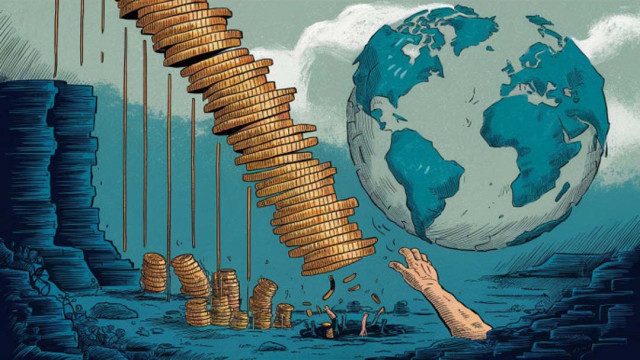
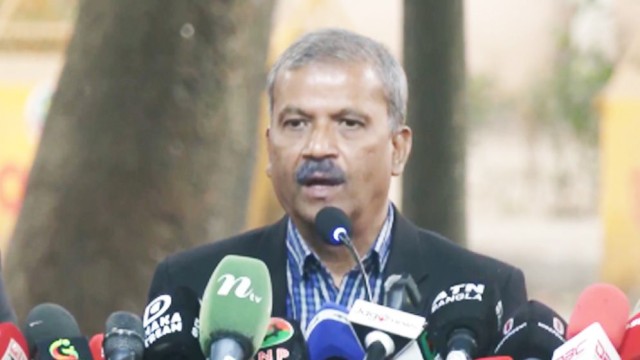
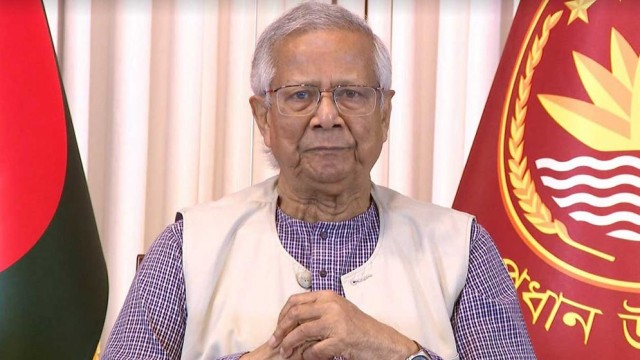
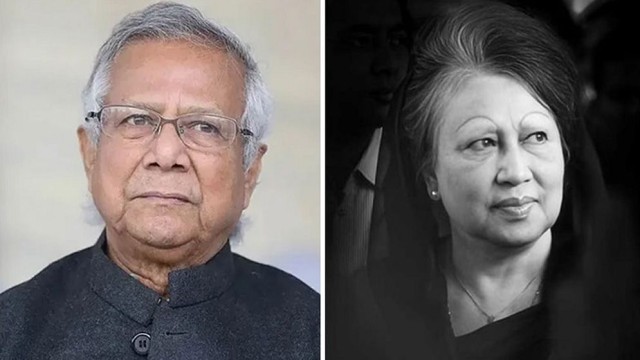
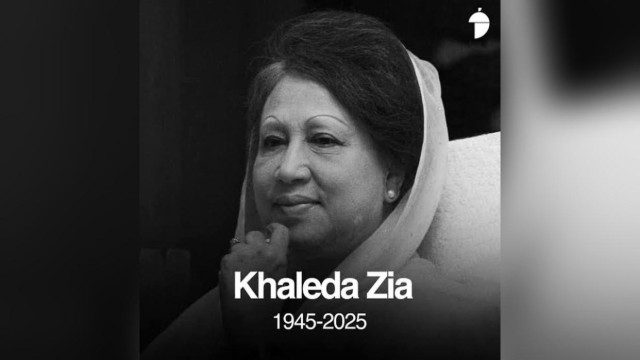



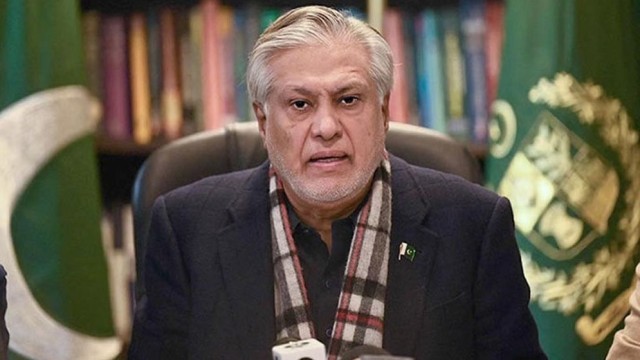

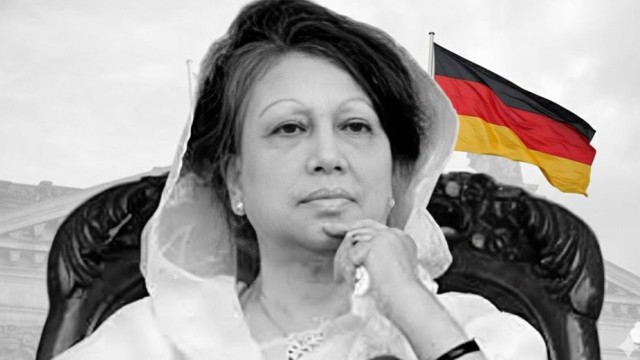
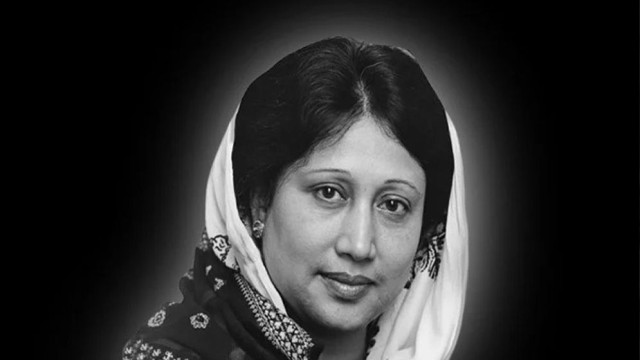









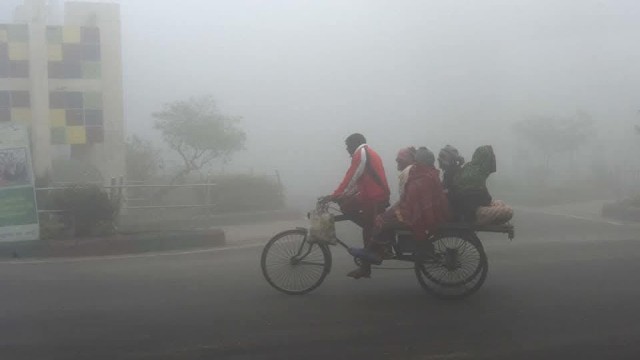

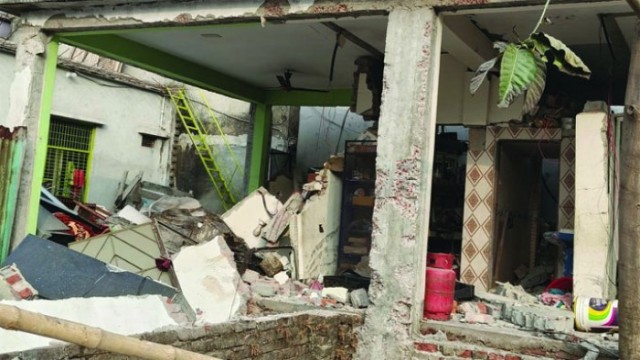




Comment: